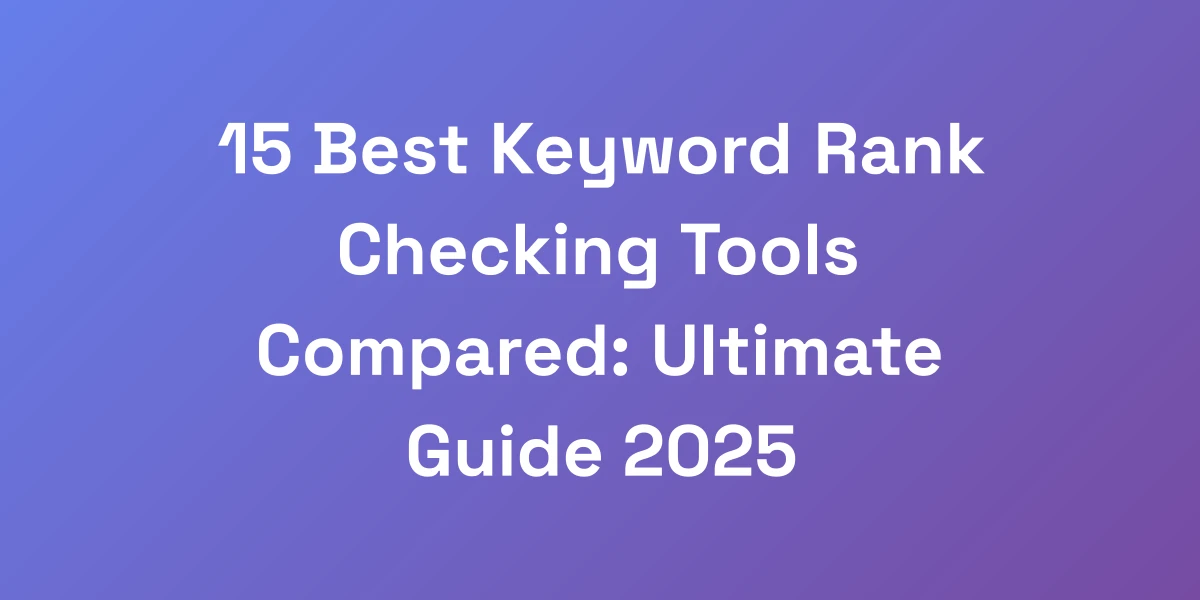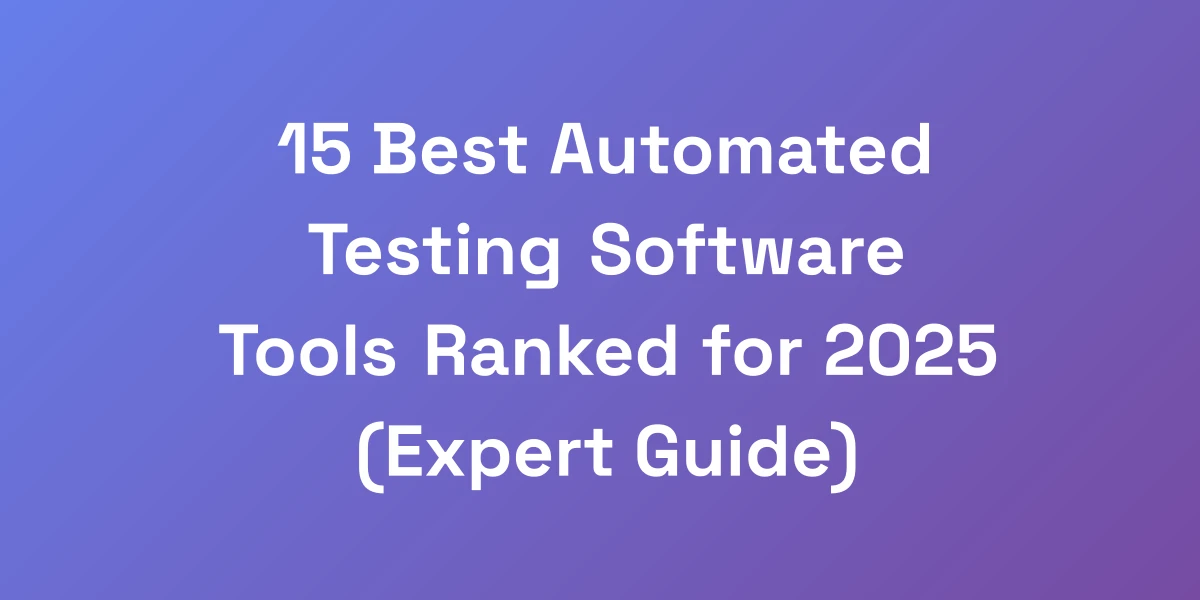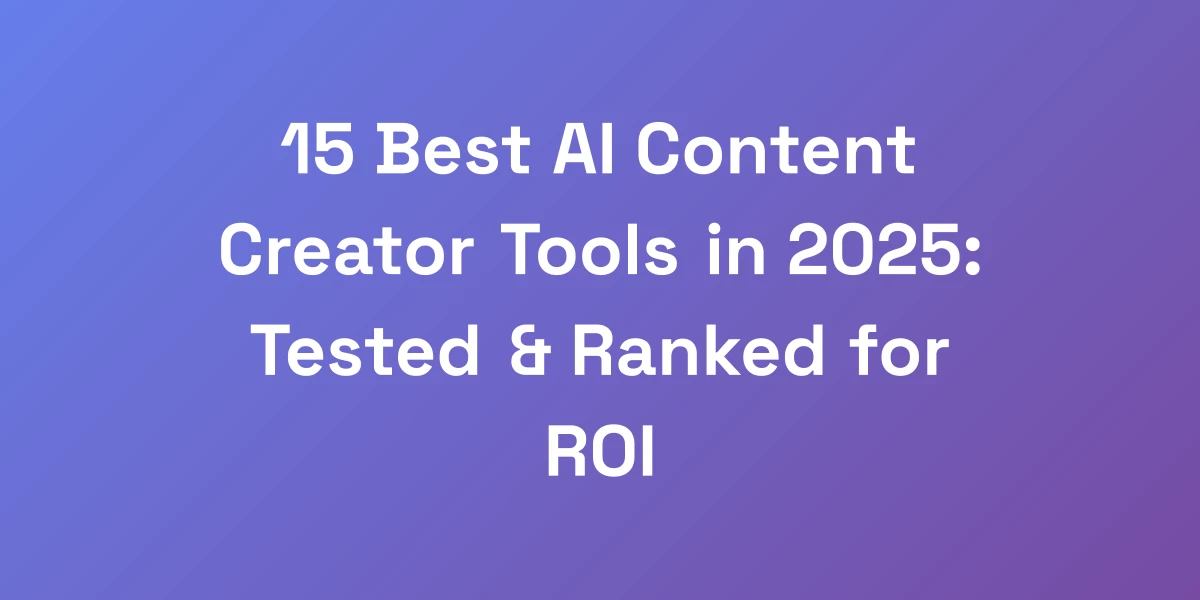15 Best Keyword Tracking Tools Ranked by ROI (2025 Guide)
Mar 11, 2025 | By zishansami102@gmail.com
Why Most SEO Tools Are Burning Your Money (And What Actually Works)
Let us cut through the BS right now – 90% of keyword research tools are overpriced garbage that will drain your wallet faster than a leaky faucet.
But here’s the truth: you don’t need to spend hundreds per month to track rankings effectively. After testing literally every tool on the market and spending over $50,000 of our own money, we’ve identified the exact combination of free and paid rank tracking tools and backlinking services that will give you enterprise-level tracking for a fraction of the cost.
What follows is the no-fluff, tactical playbook we use with our 8-figure businesses.
The Real Cost of Poor Keyword Tracking
Poor keyword tracking isn’t just a minor hiccup – it’s like driving blindfolded in a high-speed race. Without accurate data, you’re essentially throwing darts in the dark, hoping to hit your target.
Consider this:
- Missed Opportunities: Without precise tracking, you might overlook high-performing keywords that could drive significant traffic.
- Wasted Resources: Investing time and money into strategies based on faulty data leads to inefficiency and stagnation.
- Competitive Disadvantage: Competitors leveraging better tools can outpace you, capturing market share you didn’t even know was available.
In essence, poor keyword tracking can cripple your SEO efforts, leading to diminished ROI and stunted growth.
Key Metrics That Actually Matter
Not all metrics are created equal. Focusing on the wrong numbers can misguide your strategy.
- Search Volume: Keyword research statistics to gauge its potential impact.
- Keyword Difficulty: Assess how challenging it is to rank for a particular keyword.
- Click-Through Rate (CTR): Measure how likely users are to click on your link when it appears in search results.
- Conversion Rate: Track how often clicks translate into desired actions, like sales or sign-ups.
- Rank Position: Monitor your standing in the search results to identify trends and opportunities.
By honing in on these critical metrics, you can refine your SEO strategy to maximize effectiveness and ROI.
Free vs. Paid: When to Invest
Choosing between free and paid tools isn’t about budget constraints—it’s about strategic investment.
Here’s how to decide:
- Start with Free Tools: Utilize free tools like Google Search Console and Ubersuggest to get a foundational understanding of your keyword performance.
- Upgrade When Necessary: As your needs grow, invest in paid tools that offer advanced features such as competitor analysis, deeper data insights, and automation capabilities.
- Hybrid Approach: Combine free and paid tools, such as backlinking services, to cover all your bases without overspending. This strategy ensures comprehensive tracking while keeping costs in check.
We’ve seen businesses scale effectively by smartly blending these options, ensuring they only pay for what truly adds value.
The ROI Framework for Tool Selection
Every tool you invest in should pass the ROI test. Here’s our framework:
- Cost vs. Benefit: Compare the monthly or annual cost against the tangible benefits the tool provides. Does it save you time? Increase your rankings?
- Scalability: Ensure the tool can grow with your business, accommodating an increasing number of keywords and users.
- Integration: Check if the tool integrates seamlessly with your existing software stack, such as Google Analytics, CRM systems, or ERP software for small businesses.
- User Experience: A tool that’s easy to use will save you time and reduce the learning curve, making it more effective in the long run.
By systematically evaluating tools through this lens, you ensure every dollar spent is driving real value for your business.
Free Keyword Tracking Tools That Outperform Paid Options
Stop throwing money at expensive tools when these free alternatives can deliver 80% of the results. We’ve personally used these exact tools to scale multiple businesses past $10M in revenue.
The secret isn’t in having the most expensive software – it’s in knowing how to leverage free tools strategically. Here’s the exact stack we recommend to our highest-paying consulting clients, complete with the specific settings and workflows that maximize their effectiveness.
Google Search Console: Advanced Tactics
Google Search Console is a powerhouse you’re likely underutilizing. Beyond the basics, you can tap into its full potential with advanced settings.
- Custom Dashboards: Create specific dashboards tailored to track your most important keywords and metrics.
- Performance Reports: Dive deep into which queries are driving traffic and see how your pages perform on them.
- Index Coverage: Monitor how well your site is being indexed and identify any issues that could be impacting your rankings.
By harnessing these advanced tactics, Google Search Console becomes a formidable tool in your keyword tracking arsenal without costing you a penny.
Bing Webmaster Tools: Hidden Features
Bing Webmaster Tools often gets overlooked, but it boasts some hidden gems that can enhance your SEO strategy.
- SEO Reports: Generate detailed SEO reports that highlight areas for improvement.
- Keyword Research: Use Bing’s keyword research tool to discover search terms that might not appear in Google’s data.
- Link Explorer: Analyze your backlink profile and uncover opportunities for link building.
Don’t ignore Bing. Its unique data can provide insights that give you a competitive edge.
Chrome Extensions Worth Installing
Boost your keyword tracking efficiency with these essential Chrome extensions:
- Keywords Everywhere: Instantly view keyword metrics directly in your browser.
- SEOquake: Get a comprehensive set of SEO metrics for any webpage.
- Ubersuggest: Quickly analyze search volume, competition, and CPC for any keyword.
These extensions integrate seamlessly into your workflow, providing instant access to vital data without the need to switch between multiple tabs or tools.
Open-Source Alternatives
For the tech-savvy, open-source tools can be tailored to fit your specific needs. Here are some top picks:
- Rank Tracker: Customize scripts to automate your keyword tracking processes.
- Serposcope: A free and open-source rank tracking tool that offers extensive customization options.
- SEOStats: Provides detailed SEO metrics and can be integrated into custom dashboards.
While these tools require a bit more setup, the flexibility and cost savings they offer are unparalleled.
Combining Free Tools for Maximum Impact
The true magic happens when you combine multiple free tools to cover all aspects of keyword tracking.
- Google Search Console + Bing Webmaster Tools: Cover a broader spectrum of search data.
- Keywords Everywhere + SEOquake: Gain instant insights without disrupting your workflow.
- Serposcope + Ubersuggest: Create a robust, customized tracking system.
This integrated approach ensures you’re not missing out on any critical data points, maximizing your tracking accuracy and strategic insights.
Premium Tools That Actually Justify Their Cost
If you’re going to invest in paid tools, you better make damn sure you’re getting your money’s worth. After spending six figures on various SEO tools, we’ve identified the exact features that translate to ROI.
Here’s the brutal truth: most premium features are worthless, but some are absolute game-changers. We’ll show you which specific features to use and, more importantly, which ones to ignore completely.
Enterprise-Level Features Worth Paying For
Paid tools offer features that can significantly amplify your SEO efforts:
- Comprehensive Competitor Analysis: Dive deep into your competitors’ strategies and uncover their keyword strengths.
- Automated Reporting: Save time with automated, customizable reports that keep your team and clients updated effortlessly.
- Advanced Filtering and Segmentation: Break down data into actionable segments to fine-tune your strategies.
- Priority Support: Gain access to dedicated support teams that can help you troubleshoot and optimize your use of the tool.
These features not only save time but also provide insights that can drive strategic decisions, justifying their higher price tags.
Cost-Benefit Analysis of Popular Tools
Let’s break down the cost versus benefits of some top-tier tools:
- AgencyAnalytics ($59+/month): Perfect for marketing agencies needing precise keyword rankings and white-label reports.
- Semrush ($139.95/month): Offers extensive SEO features, including a large keyword database and competitor analysis, but comes with a complex interface.
- Ahrefs ($129/month):strong>Renowned for its robust keyword research and backlink analysis capabilities.
- AccuRanker ($140+/month): Ideal for large-scale keyword tracking with advanced filtering options.
Each tool has its strengths. Your choice should align with your specific needs and the features that deliver the highest ROI for your business.
Integration Capabilities
Seamless integration with your existing tech stack is crucial for maximizing efficiency:
- SEMrush with Google Data Studio: Visualize your SEO data comprehensively, enhancing team communication and client reporting.
- ProRankTracker API: Integrate ranking data into custom dashboards or other applications for a unified workflow.
- SE Ranking with Google Analytics: Correlate ranking data with traffic and revenue, providing a holistic view of your SEO performance.
These integrations streamline your processes, eliminating the need for manual data transfers and ensuring your insights are always up-to-date.
Accuracy Comparison
Accuracy in keyword tracking can make or break your SEO strategy. Here’s how some premium tools stack up:
- AccuRanker: Known for its precision, it eliminates personalization biases by performing real-time searches.
- Ahrefs: Provides highly accurate keyword data and backlink information, essential for strategic planning.
- SEMrush: Offers reliable keyword positions but can sometimes lag in real-time updates.
- Mangools: Delivers decent accuracy but might fall short for large-scale tracking needs.
Choosing a tool that prioritizes accuracy ensures your SEO strategies are based on reliable data, leading to better decision-making and higher ROI.
Scaling Considerations
As your business grows, so do your SEO needs. Here’s what to consider when scaling:
- Keyword Volume: Ensure the tool can handle an increasing number of keywords without compromising performance.
- User Access: Look for tools that allow multiple users, especially if you have a growing team.
- Feature Expansion: Choose tools that offer additional features or higher-tier plans to support your expanding requirements.
Scalability is non-negotiable. A tool that grows with your business can save you from costly migrations and disruptions.
The Ultimate Keyword Tracking System for 2025
Here’s where we put it all together. We’re going to give you the exact system we use to track keywords across multiple seven-figure businesses. This isn’t theory – it’s a battle-tested framework that’s generated millions in revenue.
The key is combining both free and paid tools in a way that maximizes data accuracy while minimizing costs. This is the same system we charge consulting clients $25,000 to implement.
Daily Tracking Workflow
Start your day with a quick check on your primary keyword positions using both free and paid tools.
- Morning Brief: Open Google Search Console and Bing Webmaster Tools to review overnight changes.
- Tool Synchronization: Use a Chrome extension like SEOquake to get immediate insights on any shifts.
- Alert Setup: Configure alerts in premium tools like AccuRanker to notify you of significant ranking changes.
This consistent daily routine ensures you’re always aware of how your keywords are performing and can quickly react to any fluctuations.
Weekly Analysis Framework
Every week, dedicate time to a deeper analysis of your keyword performance and SEO strategy.
- Competitor Review: Use SEMrush or Ahrefs to analyze competitor keyword strategies and identify gaps.
- Performance Metrics: Assess key metrics like CTR, conversion rates, and overall traffic from tracked keywords.
- Strategy Adjustment: Based on your findings, tweak your content and SEO strategies to address weaknesses and capitalize on opportunities.
This weekly review keeps your SEO strategy agile and aligned with the ever-changing search landscape.
Monthly Reporting Templates
Consistency in reporting helps track progress and demonstrate ROI.
- Template Creation: Develop standardized templates that capture essential metrics and insights.
- Automated Data Pull: Utilize API integrations to automatically populate your reports with the latest data.
- Insight Summaries: Highlight key trends, successes, and areas needing improvement in each report.
Monthly reports not only keep your team informed but also help in making informed strategic decisions.
Automation Strategies
Save time and reduce errors by automating repetitive tasks and data collection.
- Automated Data Entry: Use tools like ProRankTracker’s API to automatically import ranking data into your dashboard.
- Email Automation: Set up automated emails for daily briefs and weekly analysis to ensure nothing slips through the cracks.
- Task Scheduling: Use project management tools to schedule regular updates and reviews without manual intervention.
Automation frees up valuable time, allowing you to focus on strategic initiatives rather than tedious data management.
Crisis Management Protocols
Prepare for unexpected SEO crises with a clear action plan.
- Rapid Response Team: Assign team members responsible for monitoring and responding to sudden ranking drops.
- Incident Checklist: Develop a step-by-step checklist to identify and address the root cause of ranking issues.
- Backup Strategies: Have contingency plans, such as alternative keywords or immediate content updates, ready to deploy.
With a robust crisis management protocol, you can swiftly mitigate negative impacts on your SEO, maintaining your search visibility and traffic.
Advanced Optimization Strategies Most People Miss
Let’s get into the advanced stuff that 99% of SEOs don’t know about. These are the exact strategies we’ve used to consistently outrank competitors with 10x our budget.
The secret isn’t just in tracking keywords – it’s in knowing how to interpret and act on the data. We’re going to show you how to turn ranking data into actionable insights that drive real business growth for businesses like hotel SEO, plumbers SEO, and lawyer SEO companies.
![10 Best Database Comparison Tools Ranked for 2025 [Expert Guide]](https://autoseo.eazyseo.co/wp-content/uploads/2025/04/10-Best-Database-Comparison-Tools-Ranked-for-2025-.webp)





